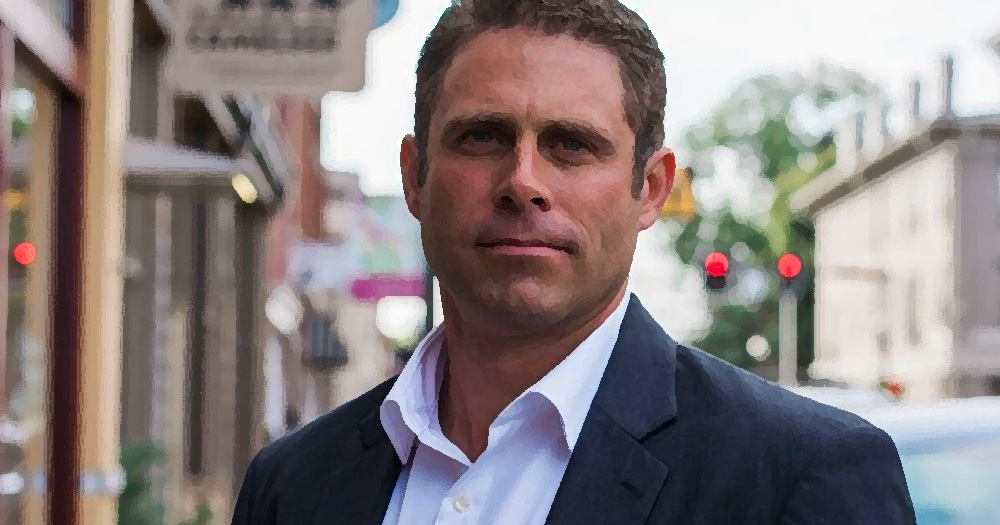If I’ve heard it one million times, I’ve heard it ten: “We already have term limits; they’re called elections.” A statement usually offered as the beginning and end of wisdom regarding the problems term limits are designed to tackle.
Equally “profound” is the collateral claim that “the only term limits we need are an informed electorate.”
Such generalities “prove” too much. Any formal restraint of government could be thus airily dismissed.
- “The only Bill of Rights we need is an informed electorate.”
- “The only checks and balances we need are an informed electorate.”
- “The only prerequisites for running for office we need are an informed electorate.”
If formal rules don’t matter, why write these things down or try to enforce them in light of principle and precedent? Just get your informed electorate and let the informed electorate handle it.
To preserve and strengthen our republic and our liberties, we do need an informed electorate. We also need many other things, including well-known, widely accepted, consultable, objective limits on government power.
One such limit limits terms.
Term limits on legislators, executives and even judges combat political corruption, empower informed voters, and give informed and capable electoral challengers more opportunities to effectively present their ideas.
The fact that a given political or cultural factor is crucial to the commonweal doesn’t mean that no other factors are also crucial.
Don’t tell drivers of cars that all they need are skills and gas. You also need lines on the road — limits to keep us out of the ditch, and from head-on collisions.
This is Common Sense. I’m Paul Jacob.











